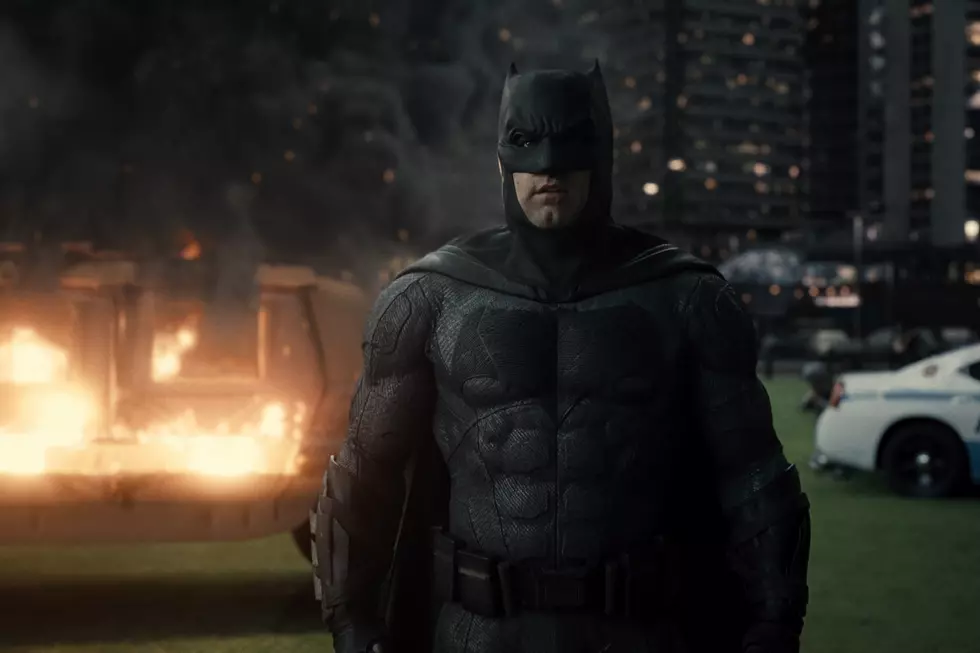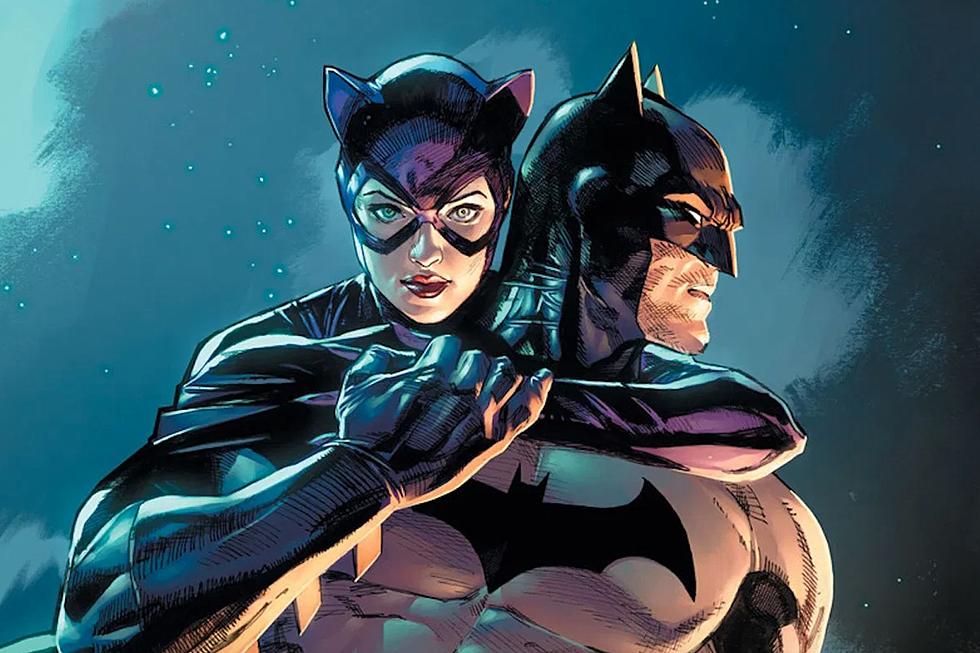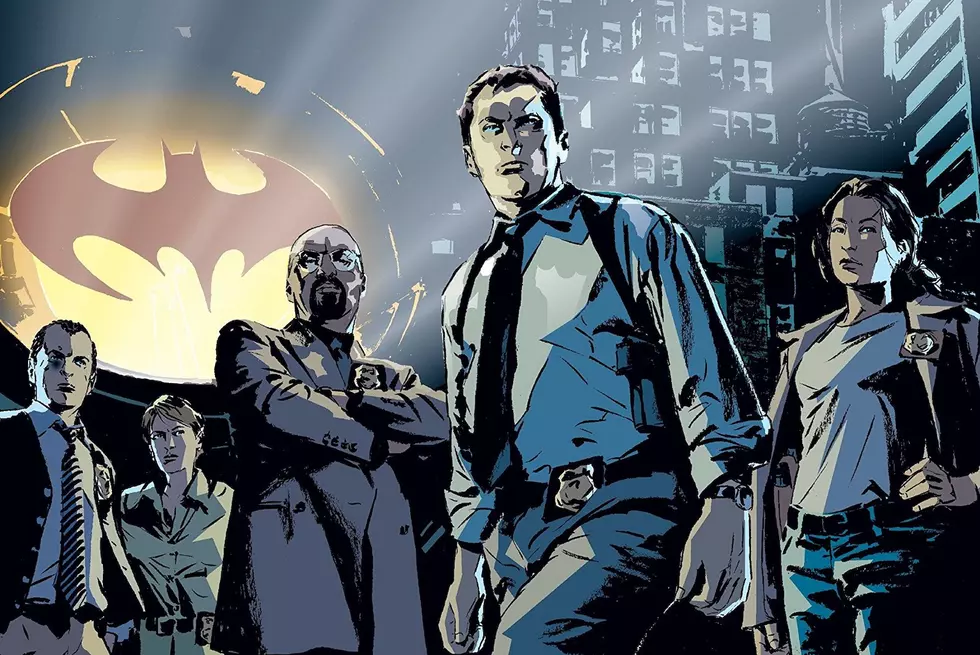
Batman T-Shirt Erases Dick Giordano’s Signature from Cover Art

If you've been browsing through your local Target lately, you've probably seen the line of T-shirts they're selling that are based on the covers of classic Marvel and DC comics. They're actually pretty awesome, with a great selection of art on display, but when our pal Bully of Comics Oughta Be Fun picked up the shirt based on the cover for Detective Comics #566 by the late, legendary Dick Giordano, he noticed there was something missing.
Somewhere along the line in the transition from comic book to T-shirt, the art has been edited to erase Giordano's signature.

There are other elements of the cover that have been removed or modified like the UPC symbol and the seal of approval from the now-defunct Comics Code Authority, which make perfect sense. Even stripping out the original cover credits doesn't seem over the line, since Doug Moench, Gene Colan and Bob Smith don't have a whole lot to do with the cover image reprinted for the shirt.
But while the logo for the comic, the familiar DC Bullet and even the original cover price --which I'm guessing was left in to balance things out -- remain, Giordano's signature has been removed.

What's more, while the other elements that were modified were added when the cover was pasted up for production, Giordano's signature was actually part of the original art...

...which means that someone actually had to go in and erase it from the art when it came time for the T-shirt. Apparently it's a standard practice in the industry to remove artist signatures for licensed products, but I cannot for the life of me understand why. What exactly do publishers and the people licensing their products get out of removing an artist's name from a piece of work he created?
Especially when the artist in question is Dick Giordano, who died last year. As an artist, he made an incredible contribution to the Batman mythos, including providing art for the classic "There Is No Hope In Crime Alley." And beyond that, he served as an editor for the Batman titles and as Executive Editor of DC Comics for ten years, a stretch that saw the company producing books like Crisis on Infinite Earths, The Dark Knight Returns, and Watchmen.
It's obviously DC's art done for them Giordano as work-for-hire, and as such they can do whatever they want with it; Giordano himself was famously a hard-line advocate for the company in the debate for creator rights. Even so, the whole practice of erasing signatures, no matter how minor it might be in the scheme of things, seems pretty unsavory. Removing Dick Giordano's name from one of his most distinctive pieces, especially under the pretense that it's good enough to be sold to the mass market as an image of the company's most popular character, isn't exactly doing justice to the man's legacy.
A DC Comics spokesperson declined to comment.
More From ComicsAlliance









